BC SUPPORT Unit

We transform how people’s experiences shape health research and health care.
We support vital work across BC that engages people with lived experience in research. We partnered to change the provincial data landscape. We’re also building learning communities to solve shared health problems.
“People’s lived experiences have the power to transform health research,” said Monica Mamut, unit director, BC SUPPORT Unit. “That’s why we’re continuing to engage patients, partner on data and build learning communities. Over the next three years, we’ll create sustainable change to improve people’s health in BC.”
We connect patients and researchers.
We do this by supporting meaningful engagement for patients, public and communities in research.
Since 2016, research teams we supported were awarded over

In seven years, more than 160 scientific articles were published by teams we support.

Over one-third of these articles have patient partners as co-authors.
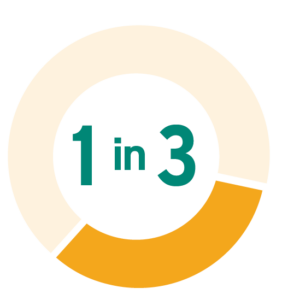
We build learning communities.
In 2023, over 400 patients, researchers and health system decision-makers attended the annual Putting Patients First conference.
“As a registered nurse, I approach all clinical studies I work on from the perspective of participants. I always enjoy hearing from patient partners … and researchers who collaborate with them. I believe I have attended every conference to date and plan to attend them in the future. Thank you!”
– quote from an attendee at Putting Patients First 2023
We partner on data access.
The Health Data Platform helps researchers, governments and health authorities better understand how people use BC’s health system. The platform has supported 34 projects and links to 27 datasets.
We made the REDCap survey and database tool available to BC teams who wouldn’t otherwise have access. Since 2016, we’ve provided REDCap to 264 projects led by 101 users.

The best care is delivered by health systems that listen to and act on people’s needs.
That’s why we support vital work in all of BC’s health regions and beyond to advance patient engagement in research.

What do research teams need to know about collaborating with Indigenous communities? Indigenous researchers review the evidence. More
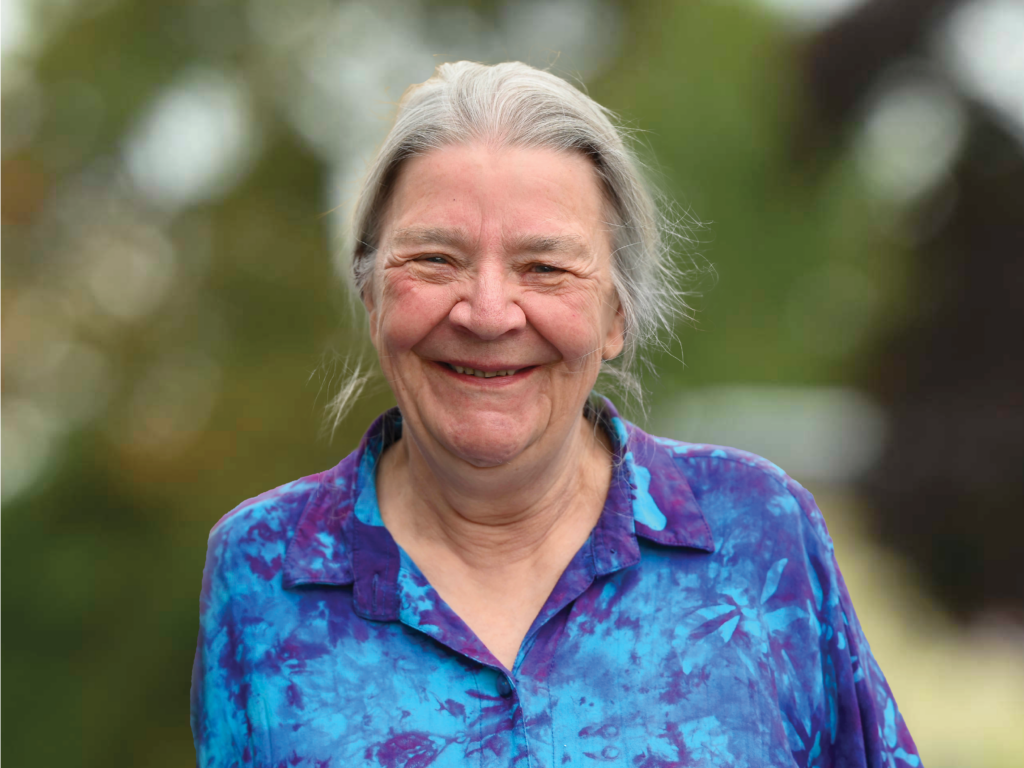
The Comox Valley on Vancouver Island has one of the largest populations of seniors in BC. That’s why community members are setting research priorities that support people with dementia and their caregivers. More

If our health system is evidence-based, how do we include knowledge from kids with brain-based developmental disabilities? The BC SUPPORT Unit and the CHILD-BRIGHT Network join to create a library of lived experiences. More

In an interview, Dr. Martha MacLeod speaks on vulnerability and the value of lived experience in research. More
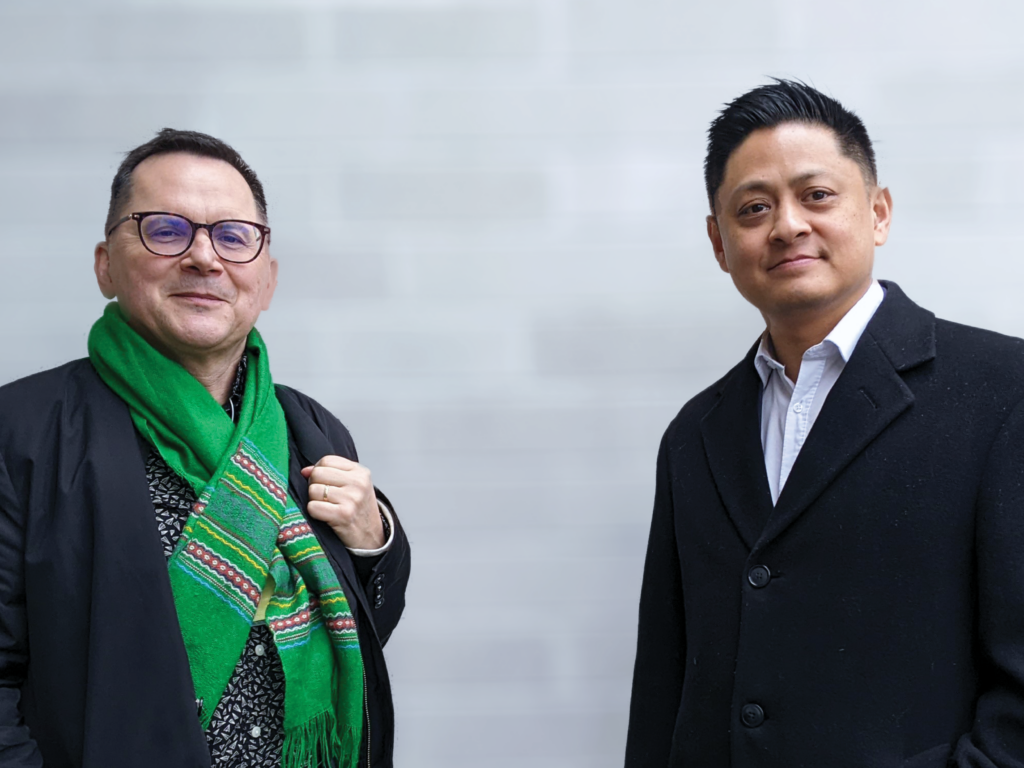
How can research teams and organizations better support patient-oriented research? Training and relationship-building are key. More
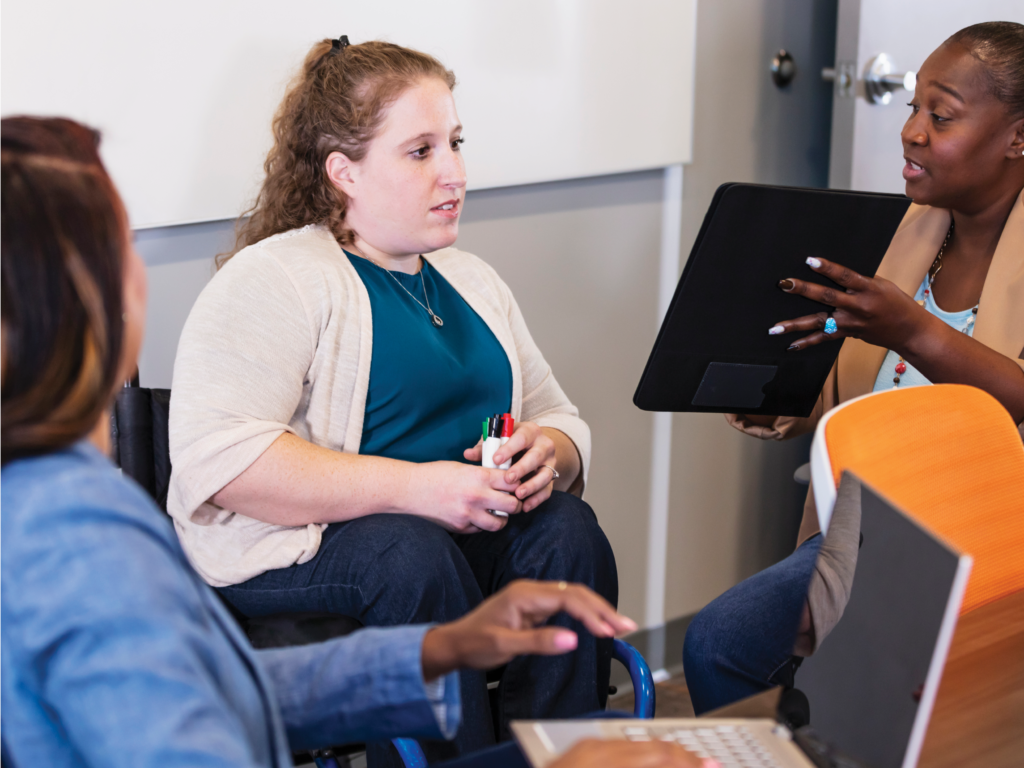
We launched two new guidance tools to help ethics boards and research teams share evidence. More
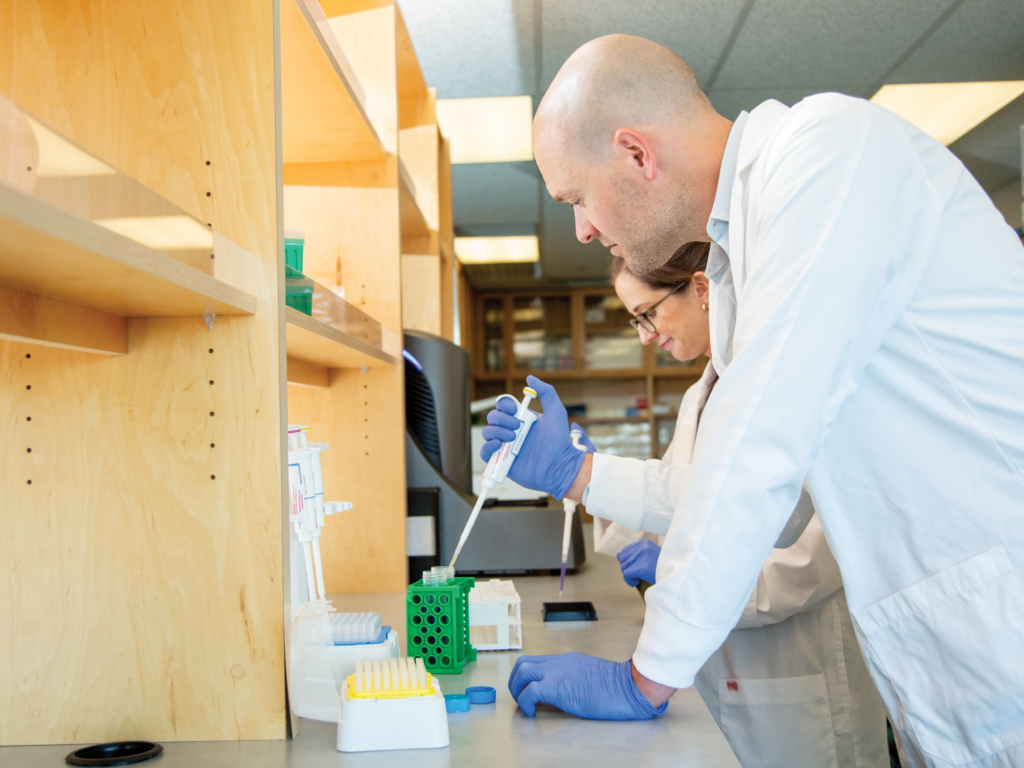
Researcher Sandy Shultz is working with survivors to support better care for people experiencing brain injury after relationship violence on Vancouver Island. Use discretion: This story discusses intimate partner violence. More

We launched a learning resource to support 2SLGBTQIA+ seniors in long-term care facilities, starting in Vancouver. More
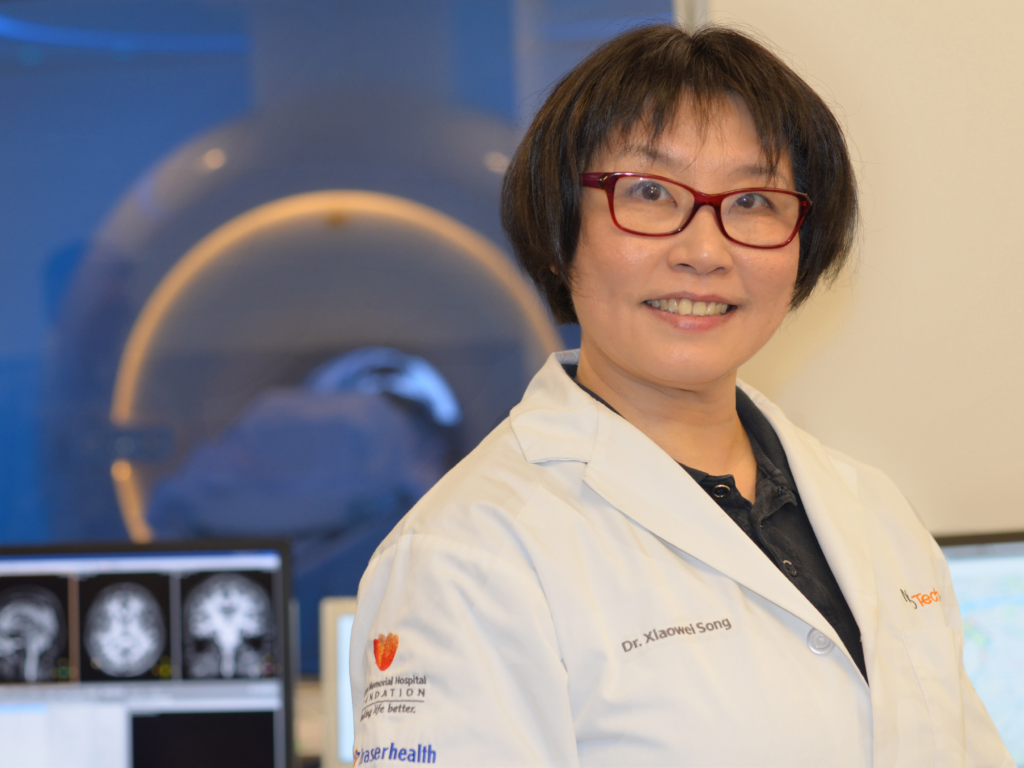
There’s no single known cause for myalgic encephalomyelitis, also known as chronic fatigue syndrome. And there’s no cure. That’s why patient partner, Kati Debelic, worked with neuroimaging scientist, Dr. Xiaowei Song, to seek answers. More
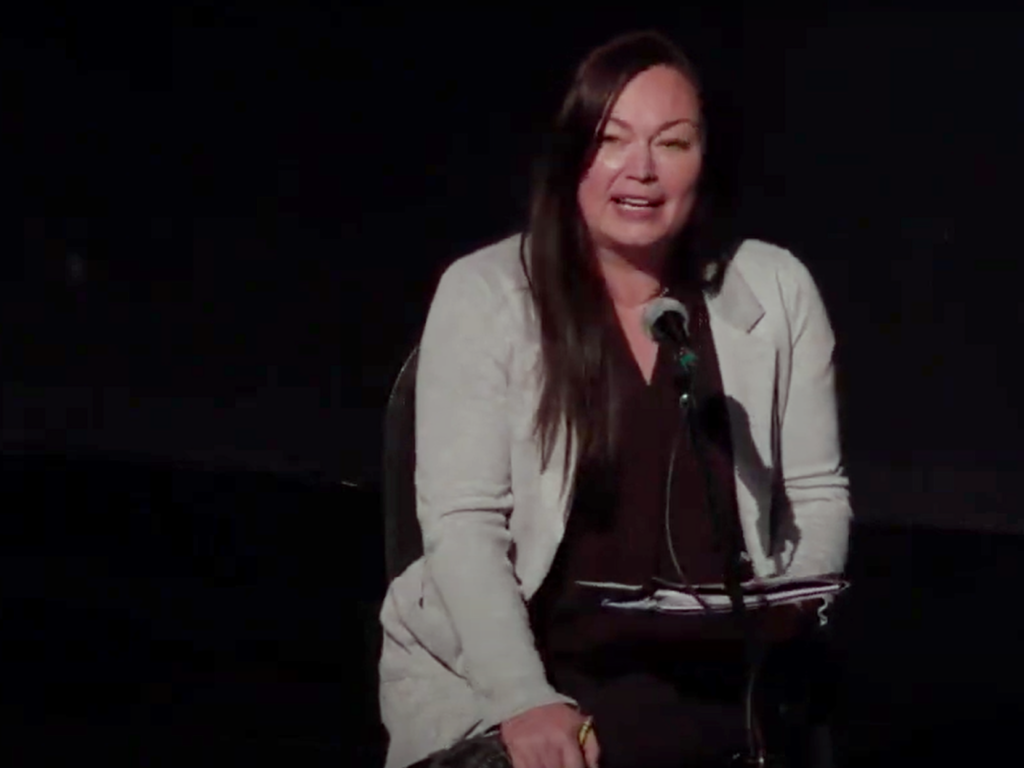
After Allison Kooijman got an unnecessary medical procedure that left her disabled, she used her experience to help patients and care providers in the Interior heal together after harm. More

People living in urban centres often make decisions about where to place health services. But would people living in BC’s northern communities make different choices? Patient partners and researchers joined together to find out. More
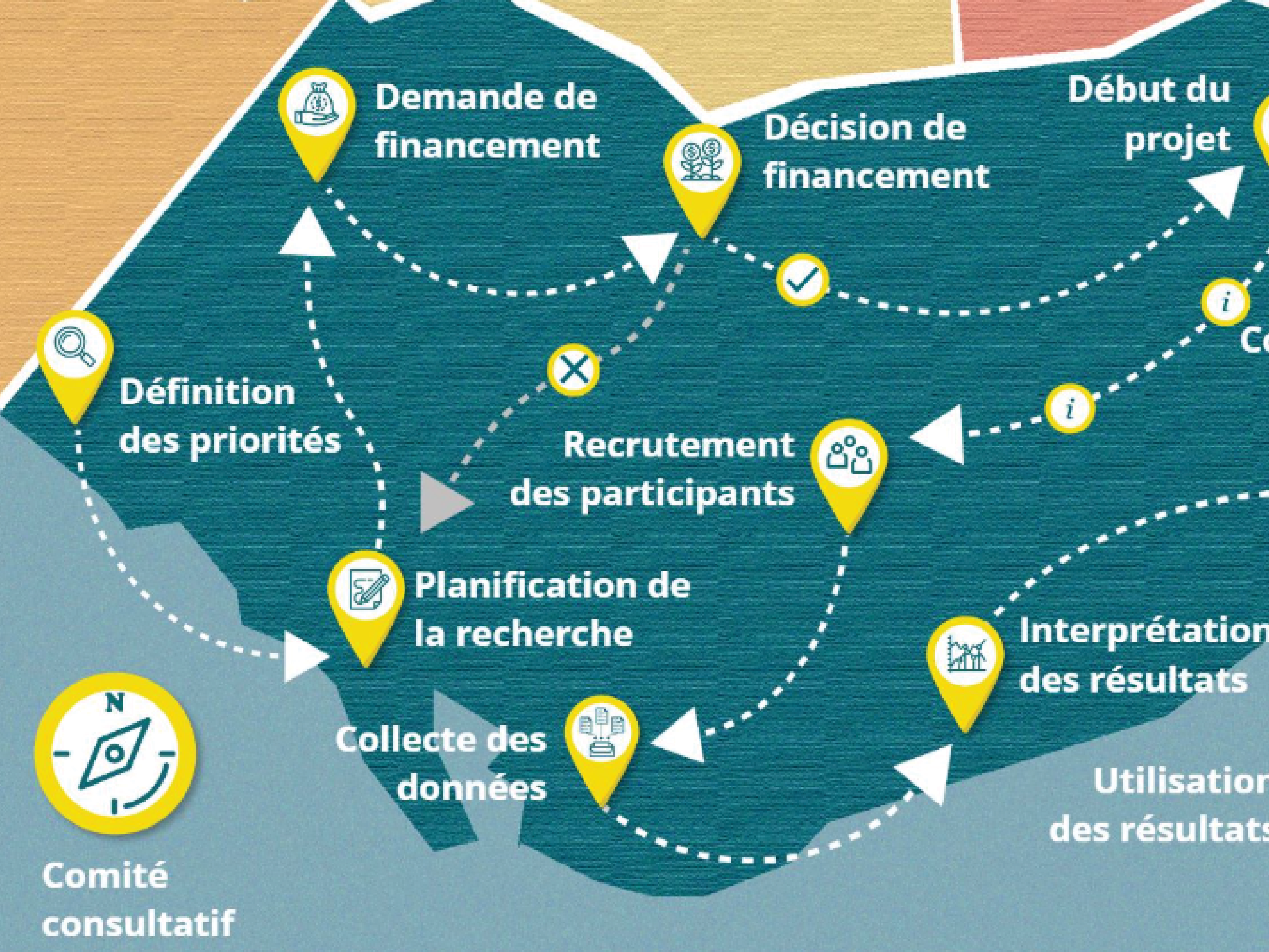
Our interactive ‘road map’ was developed to support research teams navigating the patient-oriented research process. In 2023, the road map was adapted for French-language speakers, through a partnership between the BC SUPPORT Unit and Unité de soutien SSA Québec. More

“What I learned, and this is what the patients taught us, was that we are not just patients. We are people with careers. We are people with life experiences. We are people with areas of expertise that research teams need. And by the way, we’re patients. I think that’s a key piece that’s going to keep patient-oriented research moving forward differently.
– Dr. Martha MacLeod, PhD, RN, professor emeritus at the University of Northern British Columbia
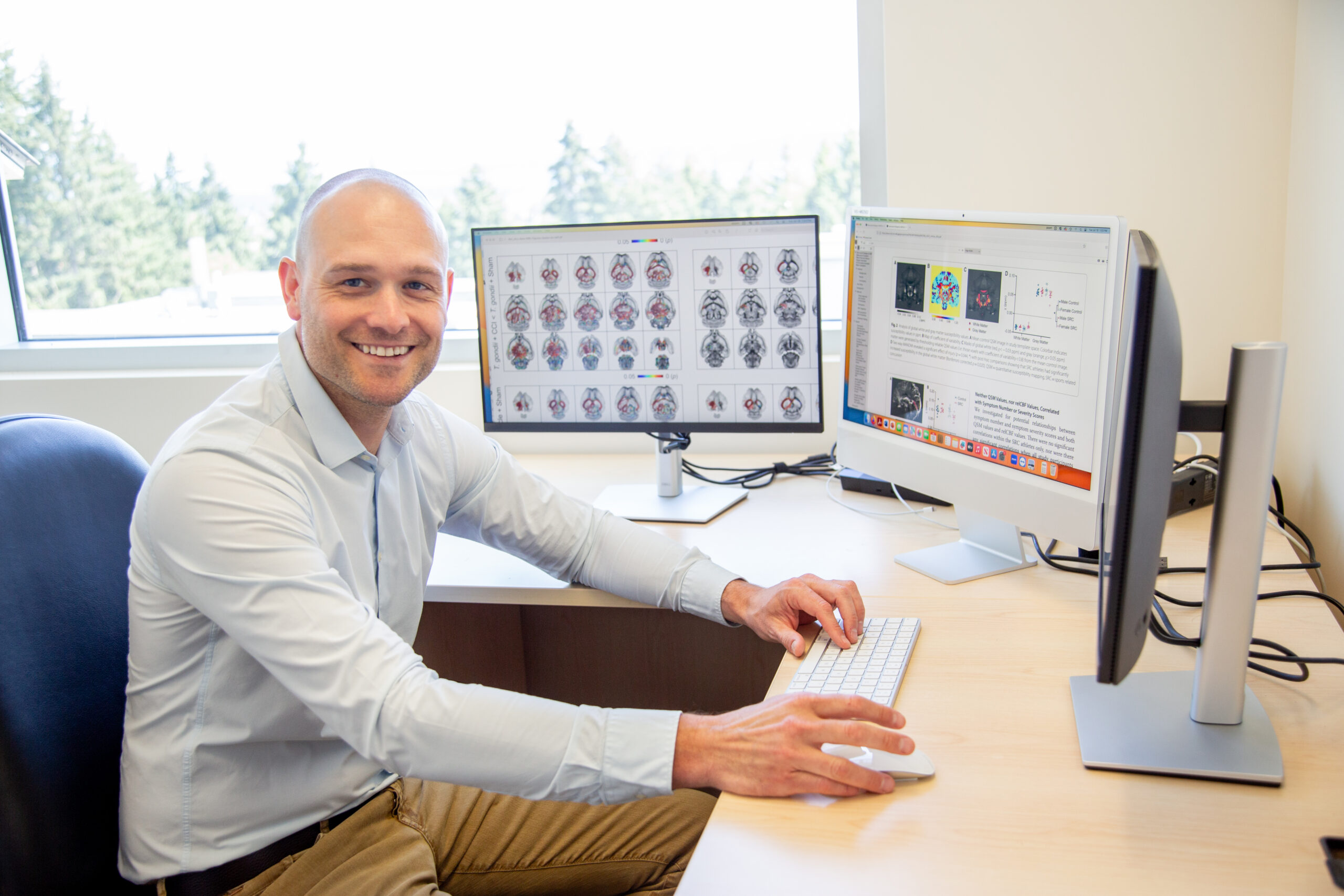
“Often, as scientists, we get wrapped up in the lab or behind the computer and begin to forget what we’re working toward. But connecting with patients helps bring us back to reality and gives the work meaning. We’re not just looking at biomarkers, we’re connecting to a real person.”
– Dr. Sandy Shultz, professor, department of nursing, health and human services, Vancouver Island University
The BC SUPPORT Unit is part of Health Research BC. Advancing patient-oriented research is a key part of Health Research BC’s efforts to catalyze change for a stronger health system. We’re part of the Strategy for Patient-Oriented Research, a national initiative led by the Canadian Institutes of Health Research.

